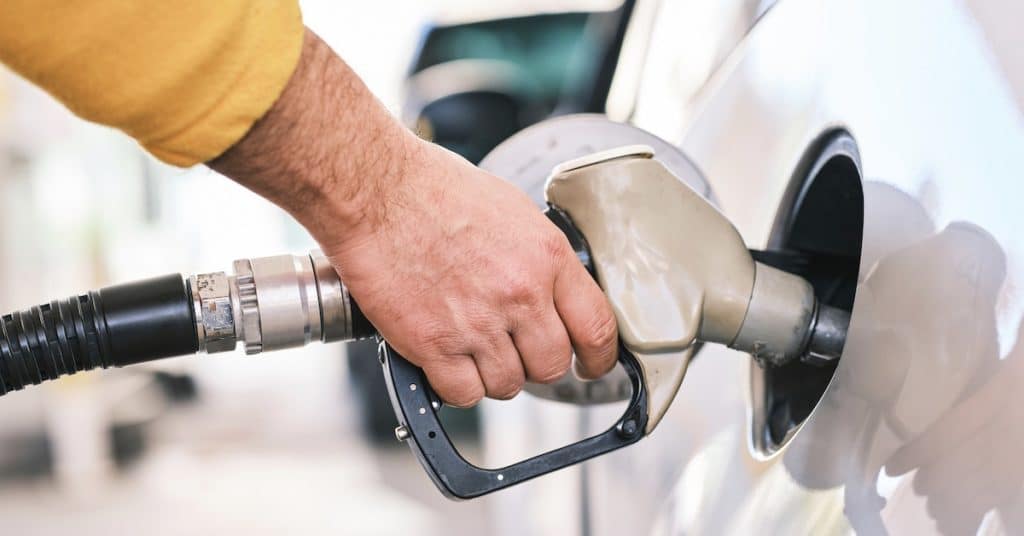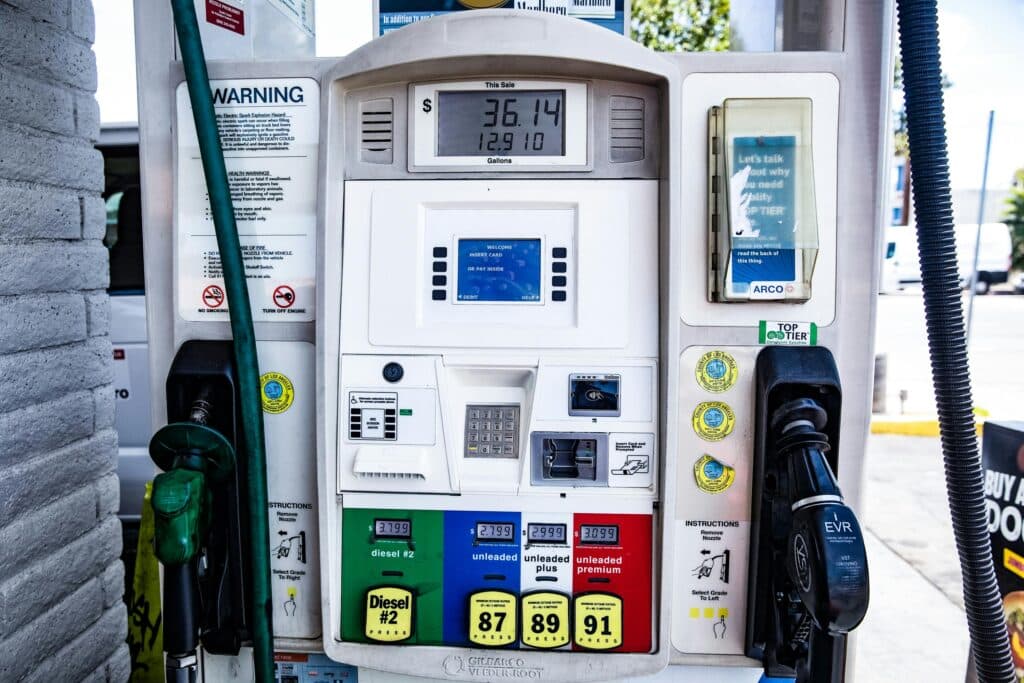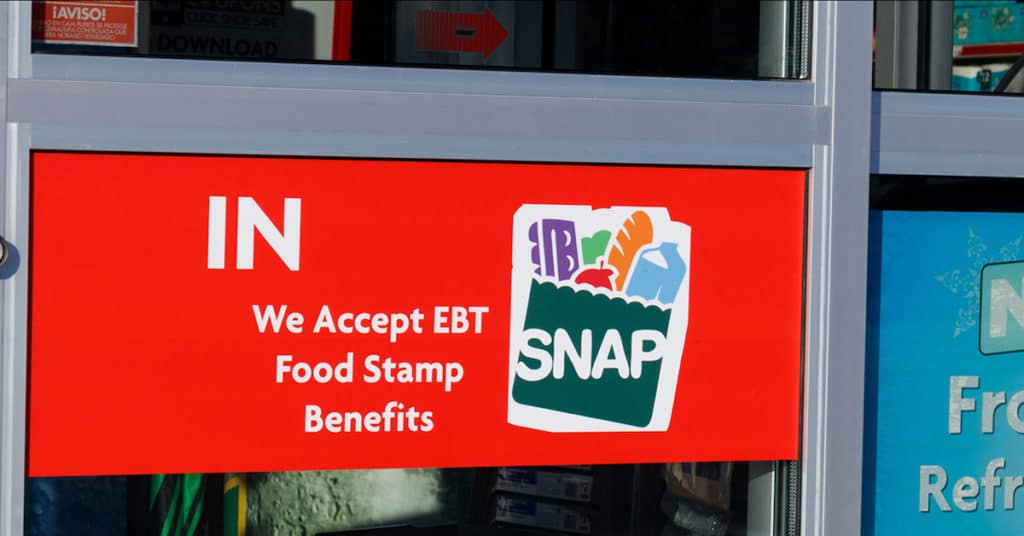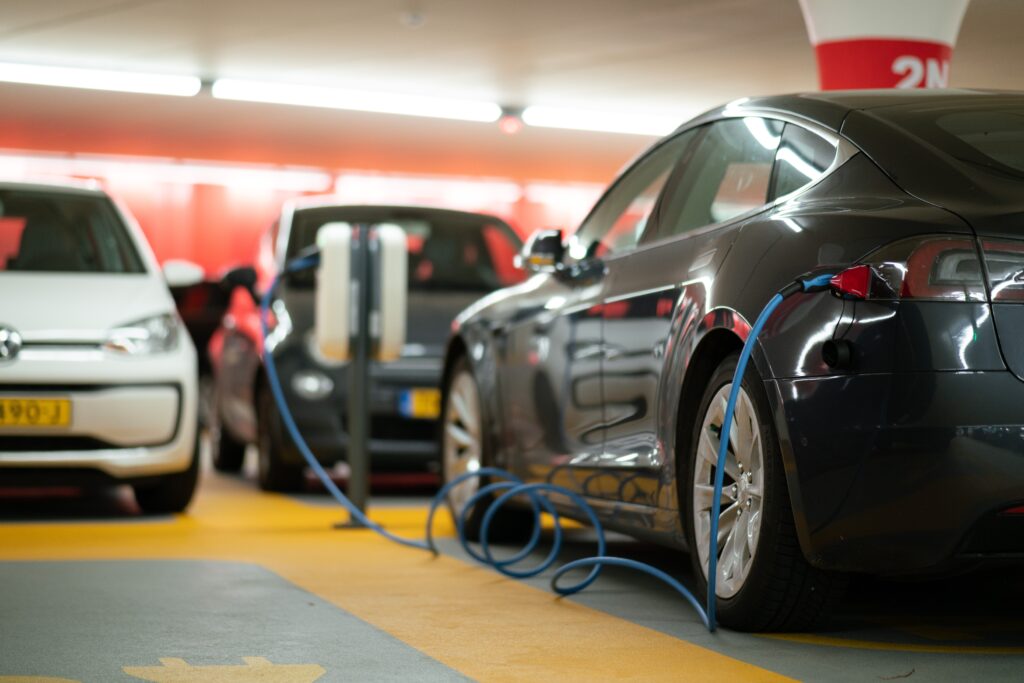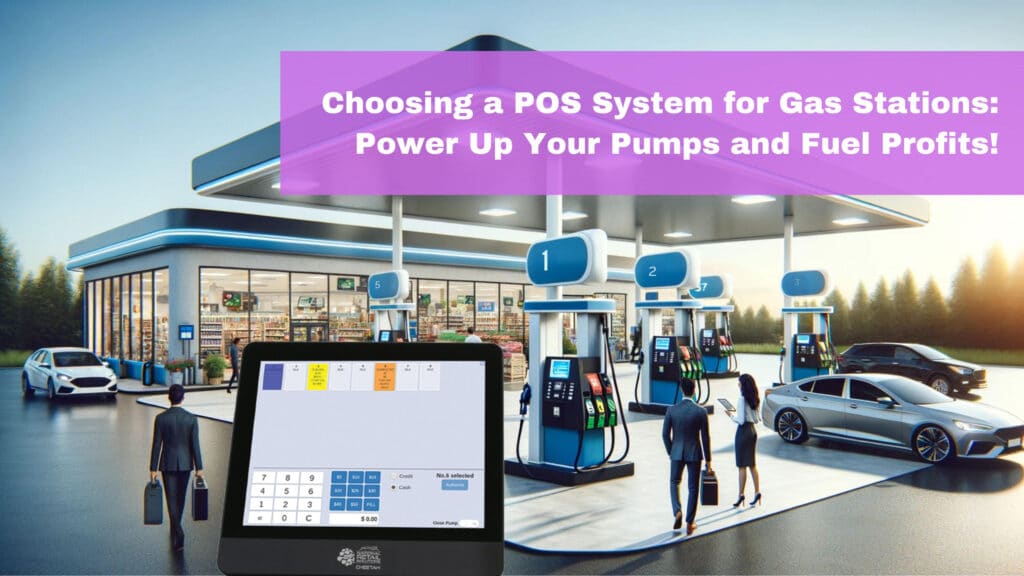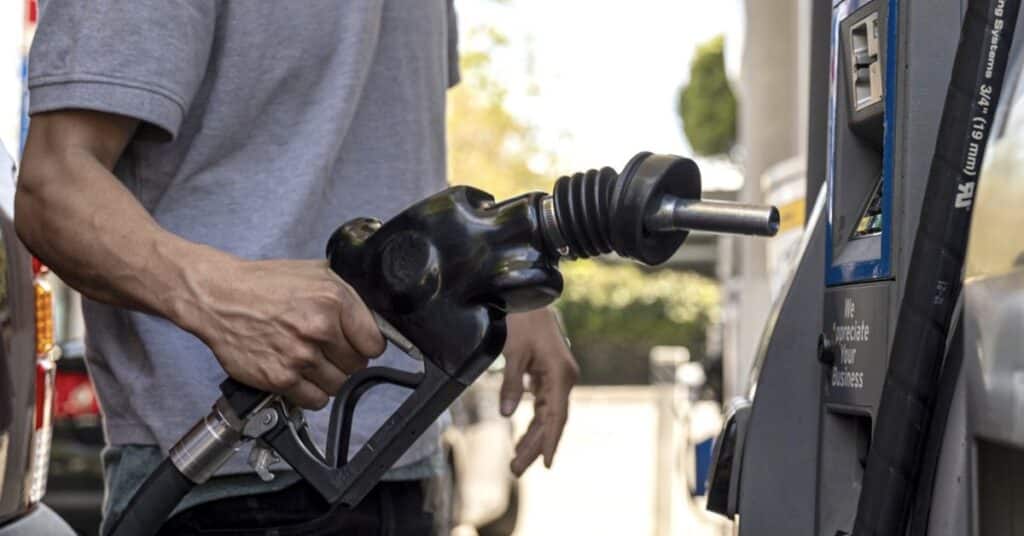Opening a gas station can be complicated, but this shouldn’t discourage you from doing so. It is a fantastic opportunity to open a business in this industry since fuel is in high demand. With millions of drivers filling up their tanks daily to get where they need to go, it can be a booming industry. In 2020 alone, the US gas station industry’s gross output was over 100 billion dollars. However, many owners do not know how to get started and what is involved in the process. Here we’ll go over how to open a gas station business and everything you need to know about the enterprise.
General Liability protects the owner from third-party property damage and injuries. This can include, for example, if a customer falls or slips at your facility when the ground is wet or icy, causing them to lose their balance. General liability will cover the medical bills and provide the necessary funds to cover legalities. The insurance also applies to food items sold at your convenience store. If a consumer eats a product from your store and gets food poisoning, the consumer may want to sue your business. The general liability insurance would cover the legal fees and settlements.
Property Insurance protects your business from any damages to your property. This includes your pumps, outdoor fixtures, inventory, supplies, documents, etc. Usually, this insurance covers the damage from harsh weather occurrences and vehicles and airplanes.
Commercial and Fleet Insurance covers injuries, property damage, medical payments, legal defense, etc.
In addition, remember that the more services and products you offer, the more consumers will enjoy going to your business and create more foot traffic. Some services you may want to consider car washes, air stations, restrooms, etc.
Initial and Ongoing Operating Costs
When considering opening a gas station, you should know the initial costs before starting. You may need to pay anywhere from $250,000 to $2 million to open a small gas station. In addition to the upfront cost of opening, you’ll have to partner with a fuel supplier. Another option is to buy an up-and-running gas station, but be sure to research the location and what kind of customers you will attract. All are very important to know beforehand to know if there’s competition near you, if construction affects your permits and accessibility, if there is easy access from the highway or main road, and so forth. These factors will determine the best location for your business and get the best deal possible.Insurance
Now that you’ve spent the time and effort determining which location and deal would be best for you. The next step is to obtain insurance so that you don’t risk losing everything you’ve worked for, which will help protect you and your employees from any hazards that may happen at your facility. It would be wise to obtain Business Insurance when entering the fuel industry. Many financial risks come with this line of business, including robbery, injury, equipment malfunction, fire, and property damage. Some other useful types of insurance you’ll want to look into are General Liability, Property, and Commercial Auto and Fleet insurance, among others.General Liability protects the owner from third-party property damage and injuries. This can include, for example, if a customer falls or slips at your facility when the ground is wet or icy, causing them to lose their balance. General liability will cover the medical bills and provide the necessary funds to cover legalities. The insurance also applies to food items sold at your convenience store. If a consumer eats a product from your store and gets food poisoning, the consumer may want to sue your business. The general liability insurance would cover the legal fees and settlements.
Property Insurance protects your business from any damages to your property. This includes your pumps, outdoor fixtures, inventory, supplies, documents, etc. Usually, this insurance covers the damage from harsh weather occurrences and vehicles and airplanes.
Commercial and Fleet Insurance covers injuries, property damage, medical payments, legal defense, etc.
Tanks, Pumps, and Fuel
The tanks, pumps, and fuel are the most critical aspects of your station as they are necessary for the industry. Tanks and pumps may come with the property if you purchase real estate for your gas station. And if your shop is part of a franchise, the tanks and pumps may be owned by the national franchiser. If your property does not come with pumps or tanks, and you are an independent business (not a franchise), you can purchase the pumps and tanks from a vendor. Whether you own your equipment or not, you’ll want to ensure it is in good condition and complies with the current regulatory requirements. Check the history of the pumps and tanks and confirm they are not deficient. For fuel, you will have to obtain a fuel supplier.Products and Inventory
Since you have the pumps, tanks, and fuel to run your business, you may need to consider where you will store your products and inventory. Most fuel distributors in the US are also convenience stores, and thus you’ll want to plan which products would be most popular and profitable in your convenience store. The most popular products are dairy products, toiletries, packaged candy, hot food, lottery tickets, and tobacco products. Most of these products align perfectly with every customer’s preference. And having the most popular items not only makes consumers happy but also increases your revenue. Merchants should ensure there is enough space in their convenience store to display these products and put them in a storage room. That way, the convenience store is not overcrowded with products, making shopping easier for customers.In addition, remember that the more services and products you offer, the more consumers will enjoy going to your business and create more foot traffic. Some services you may want to consider car washes, air stations, restrooms, etc.
